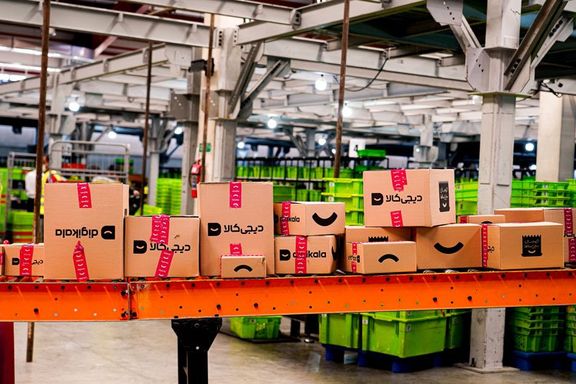Government's Internet Shutdown Hurting Iran's Ecommerce

It may be too early to estimate the economic impact of protests on Iran’s economy, but early signs show serious disruption in the retail ecommerce sector.

It may be too early to estimate the economic impact of protests on Iran’s economy, but early signs show serious disruption in the retail ecommerce sector.
The government has been severely restricting Internet access in general and access to popular social media platforms in particular that play a key role in ecommerce. The government is extremely nervous that people use the Internet and social media to share news and images about protests, possibly motivating a larger segment of the population to join demonstrations. It also does not like videos of the popular unrest to reach abroad.
For more than three weeks, authorities have been blocking access to the Internet during certain hours of the day and slowing down connections to make uploading videos more difficult. But what impacts ecommerce is the decision to block WhatsApp and Instagram altogether.
Specially Instagram is an extremely popular platform for individuals, small family firms and larger companies with employees to offer goods and services online. Some estimates put the number of all such enterprises at close to one million units in Iran, however businesses with 10-200 employees is a small fraction of this number, although no reliable figures exists.
The Internet disruption and the ban on Instagram have immediately stopped or slowed down sales by hundreds of thousands of large and small businesses.
One report from an online business association October 8 said that ecommerce businesses with 10 and more employees are losing anywhere from $1,500 to nearly $20,000 a day. These are substantial figures in local currency.

Smaller businesses run by individuals and families would be losing much less but the impact of their loss would be detrimental to their livelihoods.
A news website said that in many cases ecommerce businesses have lost all income, but most have seen a 70-percent decrease in orders and in the best cases merchants are experiencing 50-percent losses.
An unofficial poll among 104 retailers (10-200 employees) showed that 53 percent are losing $1,500 a day in sales, while 21 percent lose up to $3,000, 18 percent three to fifteen thousand dollars and the top 8 percent lose more. The top tier are businesses with more than 200 employees.
This means that ecommerce total daily losses could run into millions of dollars a day considering the hundreds of thousands of small family businesses that each might be losing a few tens of dollars a day. Postal deliveries have also decreased by more than 25 percent.
This does not include the general damage to the economy by Internet disruptions. Some reports say that government and companies have resorted to telephone and fax to communicate.
There is no total estimate of daily ecommerce volume in Iran, but the sheer number of social media accounts and webpages running their businesses online provides a sense of the economic impact from the Internet shutdown.
It is not clear if the government intends to maintain the ban on Instagram and WhastApp if the protests end. The hardliners who have been in control of both the government and parliament for more than a year were planning to further restrict access to the Internet even without the current protests. Now, some appear to be arguing that this is the time to keep foreign apps banned forever, to protect the religious government’s ideological and political restrictions on citizens and prevent Western cultural influences.